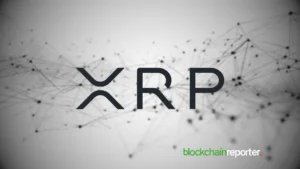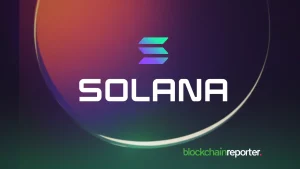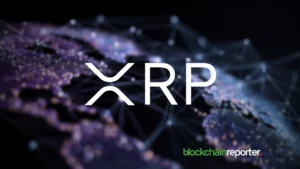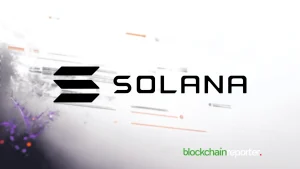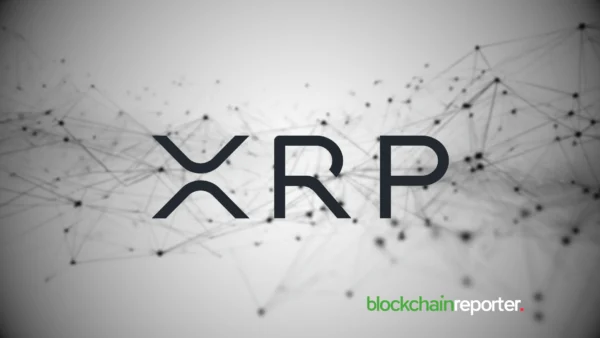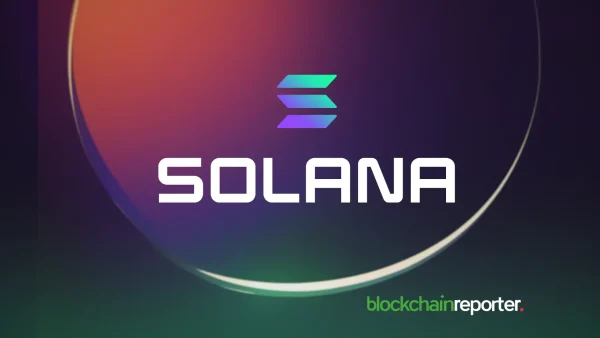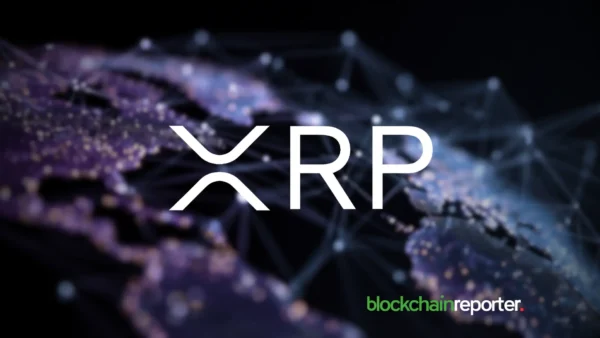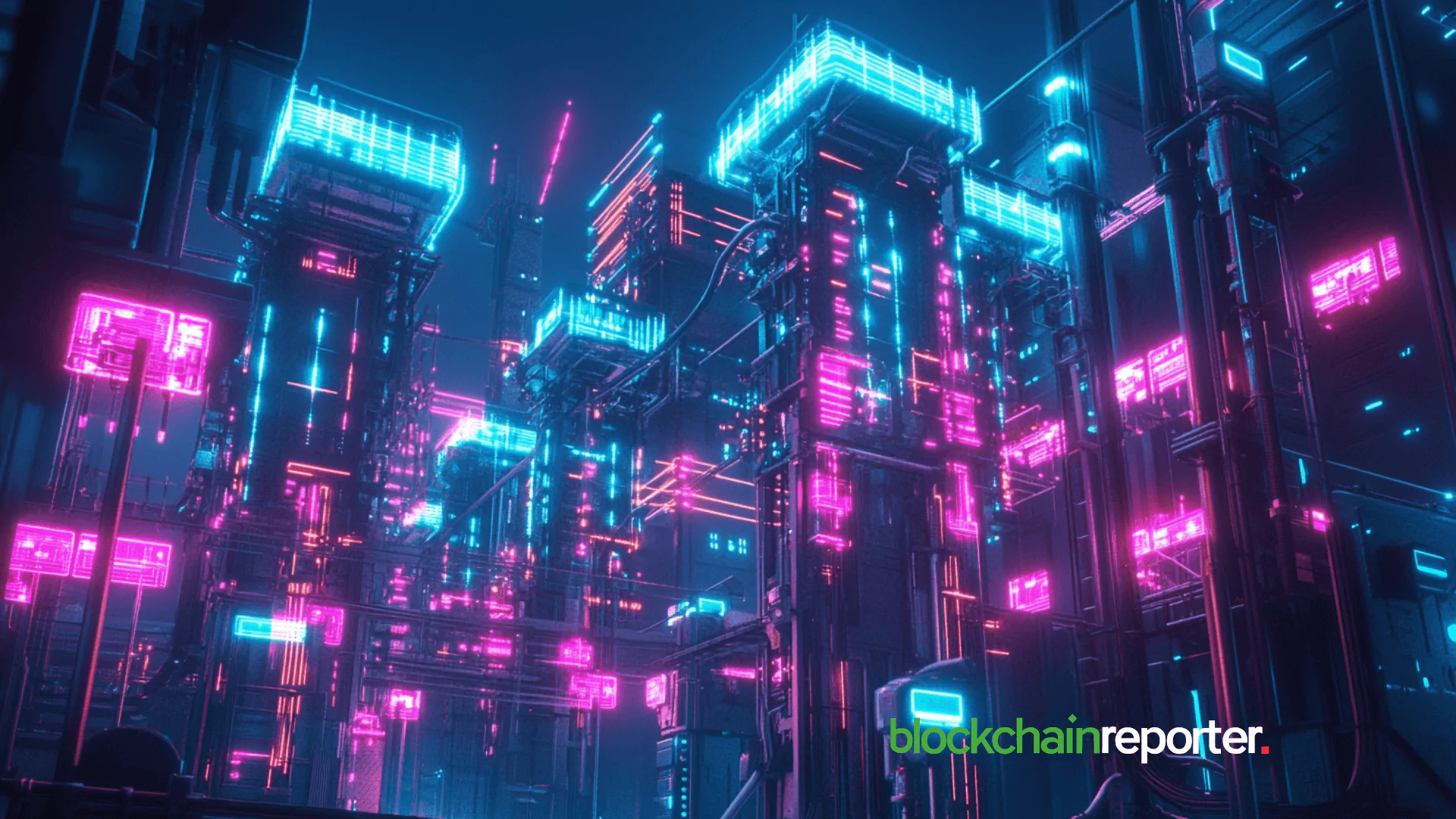
SubQuery announces its ambition to support the Algorand ecosystem as the first open indexing data protocol. SubQuery is continuing to deliver on its promise of wide multi-chain compatibility with today’s revelation that it will release support for Algorand in the third quarter of 2022. This news comes on the heels of the announcement that it will support the Cosmos environment. Algorand is a high–performance Layer–1 blockchain that brings quick, seamless, and accessible technology to everyone while reshaping a broad range of sectors.
The data indexing solution offered by SubQuery is adaptable, quick, transparent, and decentralized. It gives developers access to the tools they need to effectively organize as well as query on-chain data for their protocols and apps. By providing a bespoke application programming interface (API) and abstracting the backend, SubQuery enables developers to concentrate on product development and user experience instead of implementing their custom indexing solutions.
Harnessing The Power Of Decentralization
SubQuery has a profound admiration for the fact that Algorand places such a strong emphasis on decentralization and effectiveness. These are the same ideas that SubQuery adhered to when developing the decentralized SubQuery Network. Both parties have the common objective of producing unrivaled technological advancements and easing the transition onto Web3 for development teams.
Developers working with Algorand will have access to all of the same tools, knowledge, developer support, as well as other privileges that developers working with the SubQuery ecosystem have, including the opportunity to take part in the Grants Program offered by SubQuery. Additionally, Algorand is backed by SubQuery’s enterprise-level managed service, which offers to host for enterprise-level structure and operations of hundreds of millions of requests on a daily basis. All of this is a result of SubQuery’s solid roots and extensive expertise in developing Polkadot’s top data indexer.
According to Rotem Hemo, Director of Product Management at Algorand, “Algorand has always been focused on creating the most efficient and productive tools and environments for developers. SubQuery is a natural extension of our efforts on this front, and I look forward to having their solutions available for Algorand users.”
Indexing Blockchain Projects With The SubQuery Network
Since its inception in 2021, SubQuery has rapidly expanded to become the most popular data indexing solution in Polkadot. This expansion has been made possible by the company’s ability to respond to hundreds of millions of inquiries per day on behalf of industry-leading initiatives such as Moonbeam and Acala. Polkadot’s success prompted SubQuery to integrate with additional Layer-1 blockchains so that it could become a truly universal solution. Algorand is the fifth Layer-1 blockchain that SubQuery is going to add to its roster.
The development of the SubQuery Network is currently being prioritized behind SubQuery’s efforts to decentralize and tokenize the protocol. The SubQuery Network will be user-friendly and open to everyone; it will also introduce novel approaches to various forms of payment; and, most crucially, it will provide assistance for indexing Algorand projects right from the start. The last touches are being put on the Algorand integration, and it will soon undergo testing with a select number of beta projects.
Blockchain Data Processing Made Easy
To put it simply, SubQuery is a blockchain developer toolkit that makes it possible for others to build Web3 applications of the future. A SubQuery project provides a comprehensive API for organizing and querying data from Layer-1 chains. This data-as-a-service, which is now servicing the Polkadot, Substrate, Avalanche, Terra, Cosmos, and Juno projects, enables developers to concentrate on the main use case and front-end of their application without having to waste time constructing a custom backend for data processing. It is proposed that the SubQuery Network will offer this same scalable and dependable solution but in an entirely decentralized manner.

